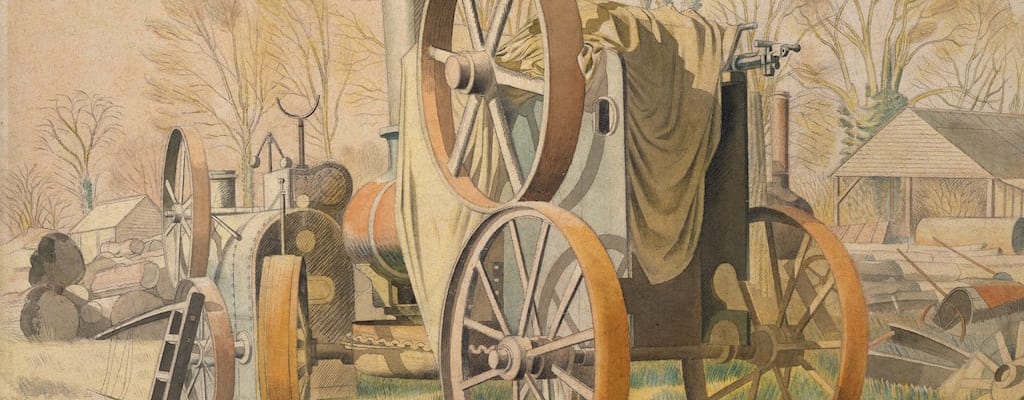north forty: Idiom Meaning and Origin
What does ‘north forty’ mean?
The idiom *north forty* refers to a remote or distant location, often used to describe a place that is difficult to find or far away. It is derived from the practice of using compass directions to describe land divisions.

Idiom Explorer
"X marks the spot" is an idiom that means a specific location, usually indicated by an X, where something valuable or important is located or can be found.
The idiom "out of nowhere" means something unexpectedly or suddenly appearing without any prior indication or warning.
The idiom *out of bounds* means that something is prohibited or not allowed within a certain area or context.
The idiom "other side of the tracks" refers to a socio-economic division between different neighborhoods or regions, typically representing the contrast between a wealthy area and a poorer one.
The idiom "on the other side of" is used to refer to a different viewpoint, perspective, or situation than the one currently being discussed or considered.
The idiom "one-horse town" refers to a small and unimportant place, typically lacking excitement or opportunities. It conveys a sense of boredom, insignificance, and limited resources within the town.
The idiom "old as the hills" refers to something that is extremely old, often implying that it has been around for a very long time and is therefore considered outdated or out of touch with current trends or ideas.
The idiom "off the grid" refers to being disconnected from the public utilities, such as electricity or water, and living a self-sufficient lifestyle. It implies being independent and detached from modern conveniences.
The idiom "off the face of the earth" means to disappear or vanish completely, as if someone or something has been wiped out or eradicated without a trace.
"Off the beaten track" means going to a place or doing something that is uncommon or not well-known, often to experience something unique or different from the usual. It refers to exploring or venturing away from the usual or popular paths or activities.
Deciphering North Forty
The idiom "north forty" is a lesser-known expression in the English language, primarily used in rural agricultural contexts. It has its roots in the United States, particularly in the Midwest, where large farms and vast land areas are common. The idiom refers to a specific section of land located at the northernmost point of a larger field or farm. This section is often about forty acres in size, but its usage goes beyond just the acreage and geographical location.
The idiom "north forty" is associated with remoteness or distance. Being at the northernmost point of the land within a farm or field implies a sense of being far away or isolated. Additionally, the number "forty" emphasizes the vastness and seclusion of the area being referred to. So when someone talks about the "north forty," they are metaphorically referring to being detached or far away from something or someone. It's like being in the middle of nowhere.
Speaking of being in the middle of nowhere, another related idiom is "middle of nowhere." This expression is used when referring to a place that is extremely remote and isolated. It's similar to the concept of the "north forty" in that it signifies being far away or detached from civilization. The "middle of nowhere" can be seen as a more extreme version of the "north forty," emphasizing an even greater sense of seclusion.
Similarly, the idiom "neck of the woods" is also related to the notion of a remote or isolated place. When someone says they live in a particular "neck of the woods," they are referring to a specific area or region. It's a way of describing a neighborhood, locality, or vicinity. The term "neck of the woods" suggests that the place is somewhat isolated or removed from other areas, just like the "north forty" on a farm.
Now, let's explore another related idiom, "back forty." The "back forty" is similar to the "north forty" in that it refers to a specific section of land, usually at the back of a farm or field. It also signifies a remote or distant place, emphasizing the distance from the main area or entrance. The "back forty" is often used to describe a hidden or secluded spot, just like the "north forty," and shares the same connotations of isolation and detachment.
Finally, there is the idiom "gone north about." This phrase is not as commonly used as the others discussed here, but it still relates to the theme of distance and remoteness. When someone has "gone north about," it means they have moved or traveled in a northern direction, typically to a place that is far away. This idiom reflects the idea of leaving familiar surroundings and venturing into new and unfamiliar territory, similar to the sense of detachment and isolation associated with the "north forty."
The idiom "north forty" is rooted in rural agricultural contexts and signifies remoteness, distance, and neglect. It is closely related to idioms like "back forty," "north of," "gone north about," "middle of nowhere," and "neck of the woods," which all convey a sense of isolation or detachment from the familiar. While the "north forty" may not be widely recognized or used in everyday conversations, it provides valuable insight into the historical significance of farming practices and the connection between language and the communities in which it evolves.
Example usage
Examples of how the idiom "north forty" can be used in a sentence:
- I had to drive through the north forty to reach my friend's house.
- After getting lost in the forest, I stumbled upon a beautiful meadow in the north forty.
- The farmer's cows were grazing in the north forty.
More "Agriculture" idioms



